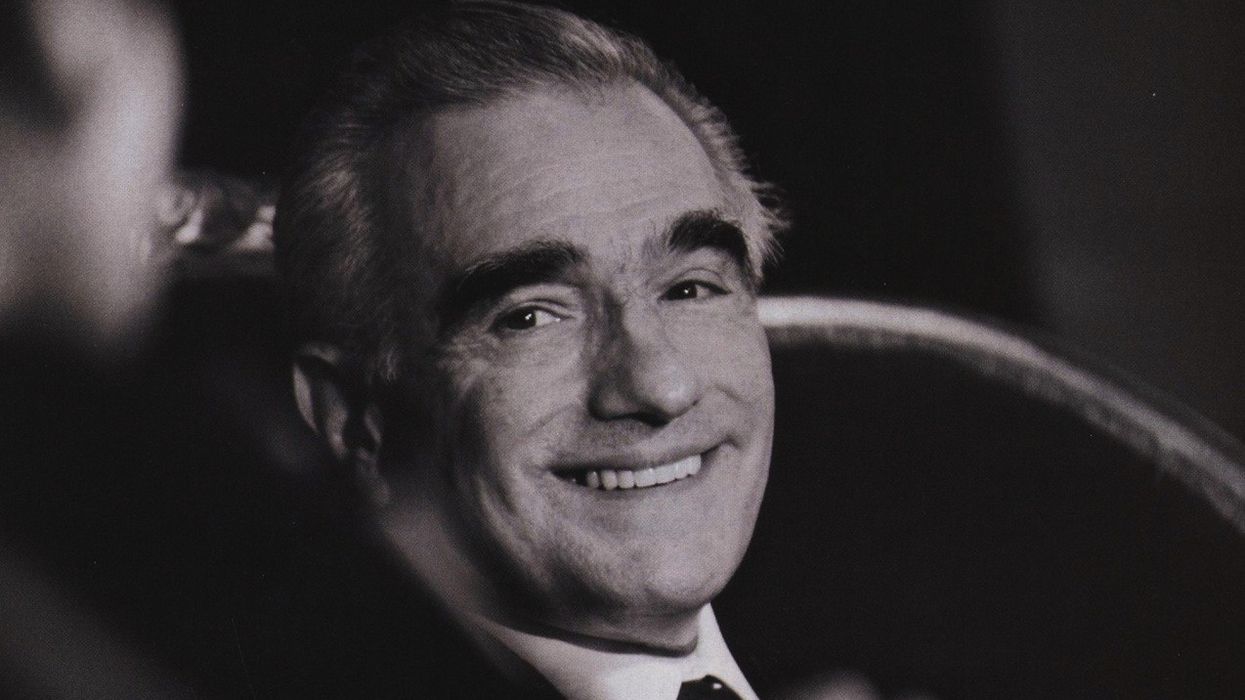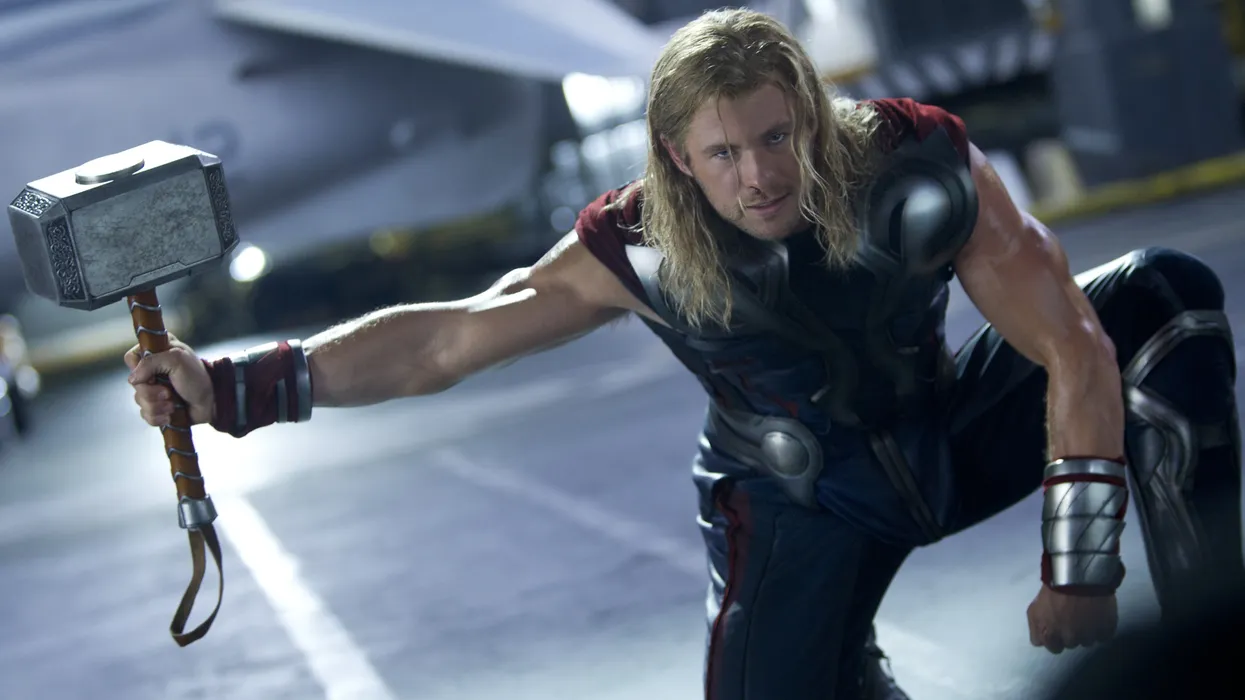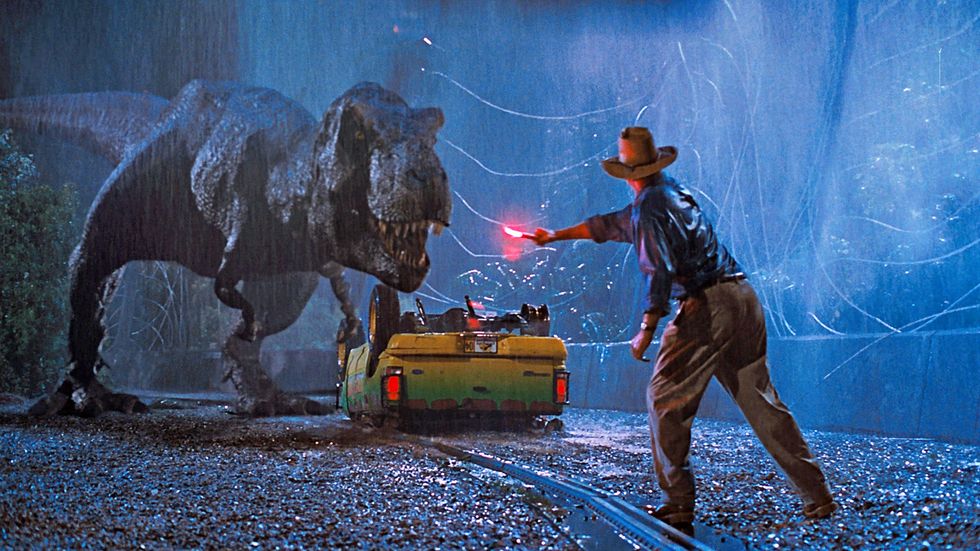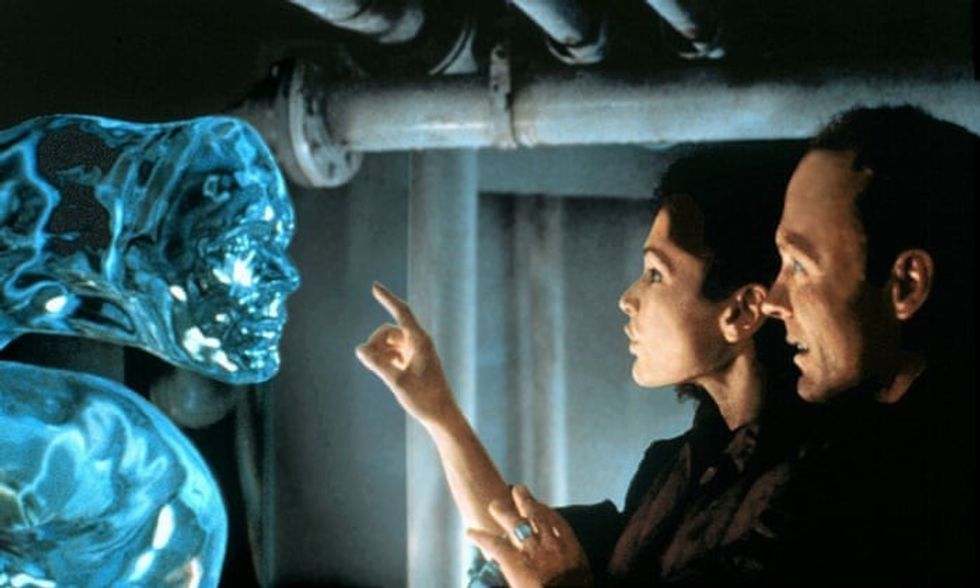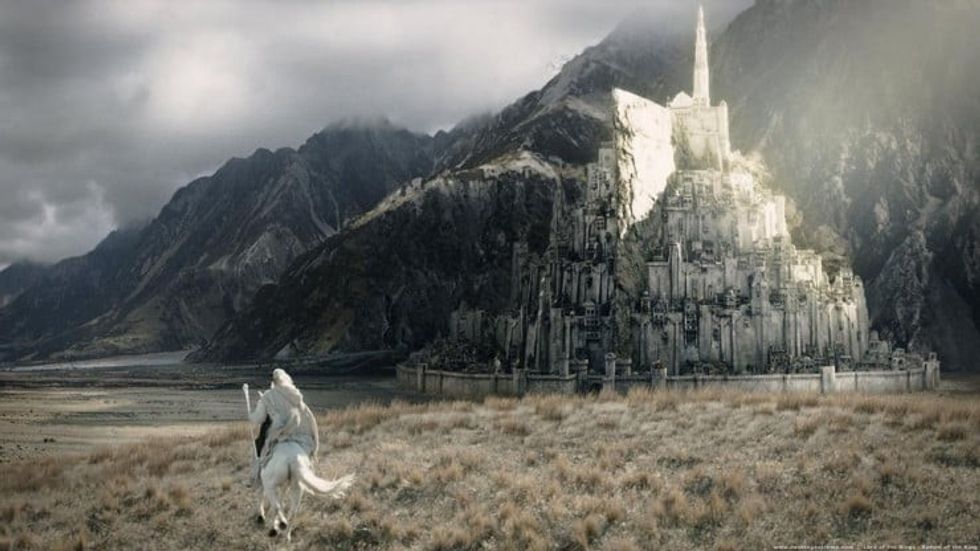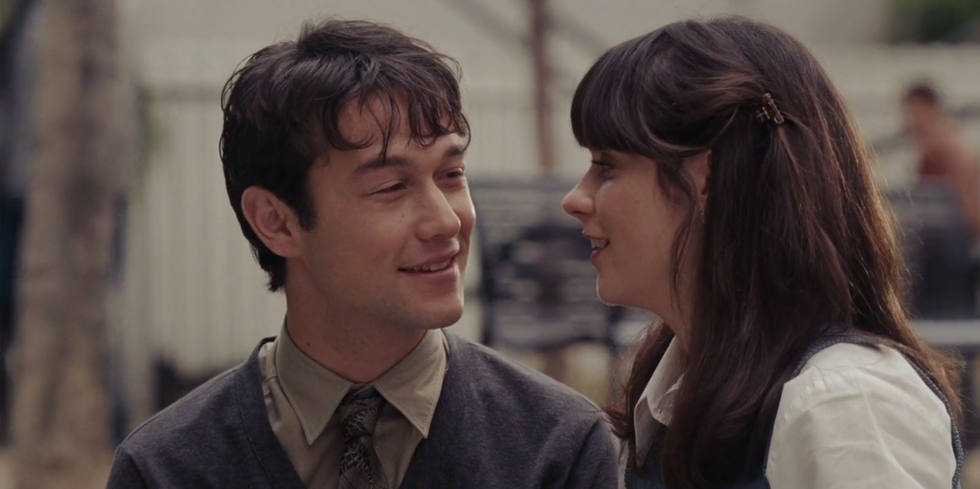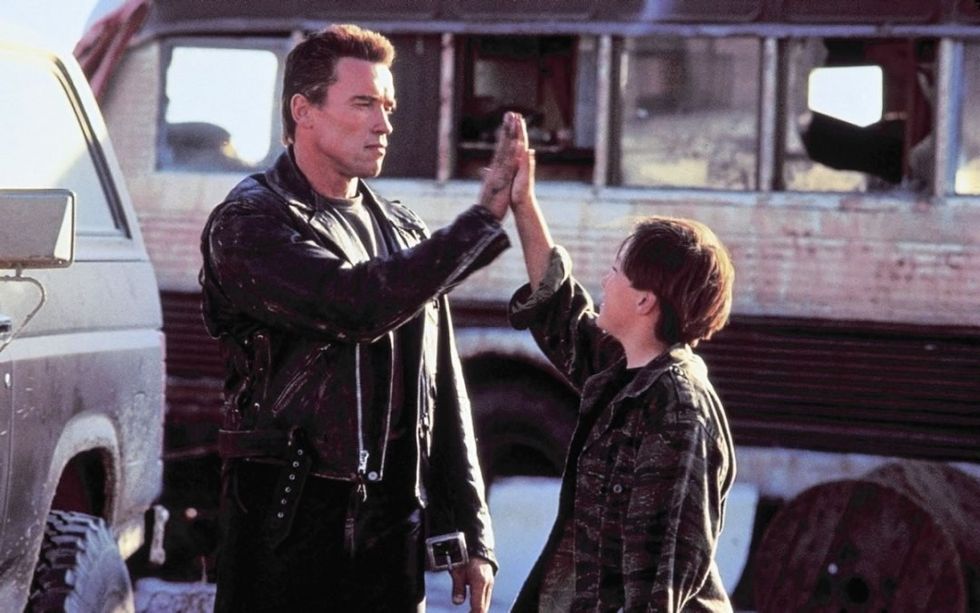We all have filmmakers that we admire -- ones that exemplify the artistry of the craft and speak to us on a deep, personal level. Well, Martin Scorsese took some time to discuss the directors whose careers he admires, namely for their boldness in taking risks narratively and cinematically. Billy Wilder, John Cassavetes, and Orson Welles, just to name a few, receive the Scorsese treatment in their own (very) short video analysis. Continue on to check them all out!
Scorsese opens by saying:
Every director of note, he or she who has something to say, who can mount a picture beautifully mostly have to take a lot of risks. And in so doing change the whole way in which films are made. They change the path.
There are so many ways in which history's greatest filmmakers have taken risks with the medium, whether it's breaking apart the linear narrative, providing a commentary on social issues, or inventing new cinematographic techniques to tell stories visually.
Scorsese highlights the work of 7 filmmakers: Billy Wilder, Orson Welles, Roberto Rosselini, Powell and Pressburger, John Cassavetes, Robert Altman, and William Friese-Greene. Though these videos are by no means a comprehensive evaluation of exactly what makes each director a risk-taker (you can't get very thorough in a minute and a half), Scorsese touches on the most important reasons why the risks taken by these directors are, in fact, risks -- how they challenged and changed societal, historical, and cinematic norms.
He touches on how Welles challenged the way films were photographed with his deep focus shots, how Rosselini challenged cinema's purpose in society, proving that films can have great influence in our world, and how Cassavetes demolished the perception that great films are made in big film studios with even bigger film stars.
What do you think of Scorsese's chosen risk takers? Which filmmakers do you think took great risks, changing the way we make, watch, and treat films? Let us know in the comments.
[via Rooster/NY & Cinephilia and Beyond]
